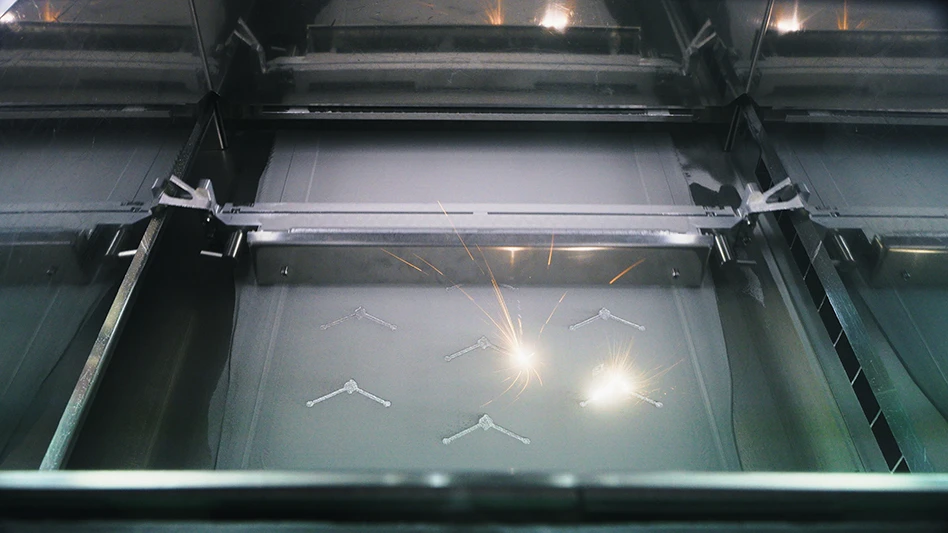To be implanted in the brains of patients suffering from severe epileptic seizures, a device in which one side is cooled and the other heated by an electrical current holds promise of arresting those seizures.
A team at Rensselaer Polytechnic Institute is collaborating with researchers at Washington School of Medicine in St. Louis to design, model, test and develop the implant device which has now been successfully tested on rats and has been approved for testing on primates by the National Institutes of Health.
As the researchers explain, the device will be implanted on the neocortex of the brain, near the point where erratic electrical activity would cause an epileptic seizure. When such electrical activity is detected, the device is activated to cool a small area of the brain from 30° to 20° C (100° to 68° F), temporarily rendering that part of the brain non-functional, seizure-free.
Just 0.25” on a side, the device is designed to operate as a thermoelectric refrigerator. It consists of numerous tiny metal semiconductor junctions that are connected between two ceramic electrodes, creating an electronic circuit.
“The heat spreader we created for this implant device acts as a very efficient thermal conductor, spreading and releasing the heat without minimal temperature increase, thereby preventing any potential tissue damage to the brain,” explains G.P. “Bud” Peterson, provost and professor of mechanical, aerospace and nuclear engineering at Rensselaer, whose team developed the heat spreader.

Explore the November 2005 Issue
Check out more from this issue and find your next story to read.
Latest from Today's Medical Developments
- You can still register for March’s Manufacturing Lunch + Learn!
- HERMES AWARD 2025 – Jury nominates three tech innovations
- Vision Engineering’s EVO Cam HALO
- How to Reduce First Article Inspection Creation Time by 70% to 90% with DISCUS Software
- FANUC America launches new robot tutorial website for all
- Murata Machinery USA’s MT1065EX twin-spindle, CNC turning center
- #40 - Lunch & Learn with Fagor Automation
- Kistler offers service for piezoelectric force sensors and measuring chains





